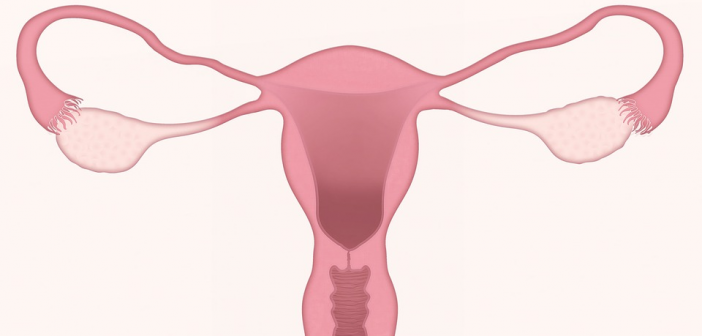Your vagina is a home to both “good” and “bad” bacteria. If the sensitive equilibrium between them is disturbed, you may get a short-term infection called bacterial vaginosis, or BV. You may not have symptoms, and therapy may not be needed. BV does not cause any other health issues most of the moment. But, particularly when you are pregnant or attempting to get pregnant, it can lead to other problems.
What Are The Causes Of Having Vaginosis?
A sort of bacteria called lactobacillus keeps your vagina mildly acidic so poor bacterial kinds are not growing well. If your concentrations of lactobacillus fall, more poor bacteria will migrate in and you will get BV. Any female can get BV, but some things increase their chances, including smoking, sexual activity, and douching. Douching upsets the bacteria’s natural equilibrium. The impact of fragrant soaps, bubble baths, and vaginal deodorants is comparable. A fresh or more than one sex partner makes it more likely you’re going to get BV.
The reason for not being apparent, but females with female partners are at the greatest danger. Oral and anal sex also allows you to get BV. BV has been connected to an IUD birth control device that fits inside your uterus— particularly if you have irregular bleeding. But to understand if it’s really a cause, we need more research. In case you have heard that you can get vaginal infections like BV from swimming pools or public toilet, but this is not accurate.
How To Know If You Have A Vaginosis?
Approximately half of all BV females have no symptoms. If you do, however, you might notice a thin white, gray, or green discharge, burning sensation when you pee, and a fishy smell that becomes stronger after sex. It’s not the same as an infection with yeast. Those that itch often have a thick white discharge, and they don’t smell.
You will need to check with your doctor or gynecologist of primary care. She will ask about your symptoms and perform a vaginal examination. She may bring a sample of your release using a cotton swab to test for BV under a microscope. Taking a sample may also assist your doctor or a laboratory rule out other sexually transmitted diseases (STIs) such as gonorrhea or trichomoniasis that share specific symptoms.
Treatments You Can Do
If you have no symptoms and are not pregnant, therapy may not be needed. Your BV may leave alone. Your doctor may advise taking antibiotic drugs to get rid of your infection when you have symptoms. This may be a tablet that you are taking with your mouth or a cream or gel that you are applying to your vagina. For 5 to 7 days, you will need to take most medicines. And all your dose should be finished, even if your symptoms are gone. If you’re stopping early, your infection might return.
One of these antibiotic is Tinidazole; antibiotic used to treat certain kinds of diseases in the vagina (bacterial vaginosis, trichomoniasis). It is also used to treat some types of conditions with parasites (giardiasis, amebiasis). It operates by preventing some bacteria and parasites from growing. This antibiotic only treats certain diseases of bacteria and parasites. Viral infections (such as common cold, flu) will not operate. You can buy this antibiotic to any pharmacies, and you can also use Tinidazole coupon to get it at a lower price.
Other Information You Should Know About Vaginosis
Having BV makes getting an STI such as herpes, chlamydia, or gonorrhea easier for you. BV increases your likelihood of passing it on to your partner if you already have HIV. If you have BV on your female organs when you have a hysterectomy or other surgery, you are more probable to come down with subsequent bacterial infection. Some of the same factors that trigger BV may also lead to pelvic inflammatory disease (PID), uterine infection, fallopian tubes, and ovaries.
You may have less success rate if you have this kind of bacterial infection when you are going through fertility treatments such. Born premature (before the 37th week) or low birth weight (less than 5.5 pounds) were born to pregnant females with BV. Because there is a possibility that BV might be the cause, you should treat it.
Takeaway
Use only water–not even soap–when washing your genital region to reduce your likelihood of receiving BV. Don’t have a shower. Wipe your vagina from front to back, from your vagina to your anus when you go to the bathroom.
Put a condom on before your vagina, mouth, or anus touches your penis. Clean after every use of sex toys. Limit the number of partners you have with sex. Get tested for STIs and also get checked by your partners.





Hello, tender thanks you in spite of word! I repost in Facebook
Hello, recognition you looking for word! viagra boner http://viapwronline.com I repost in Facebook.
when to take viagra
Hello, attention you http://cialisxtl.com in spite of oath! cialis 20 image
when will viagra become generic
Cialis where to bay cialis (tadalafil) pills 80mg lowest price cialis
Cialis real cialis without a doctor’s prescription cialis going generic in 2019 in us
Cialis cialis daily cialis coupons printable